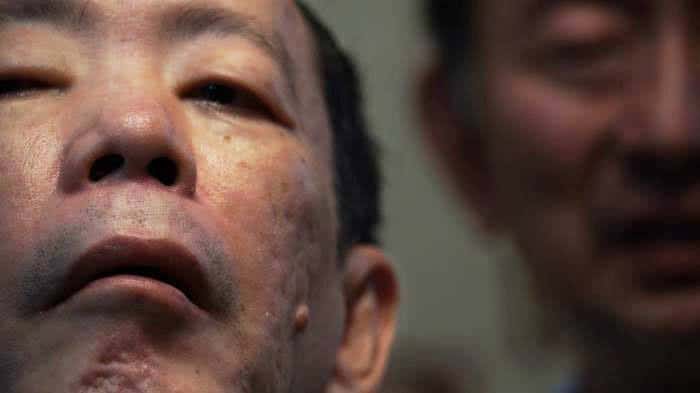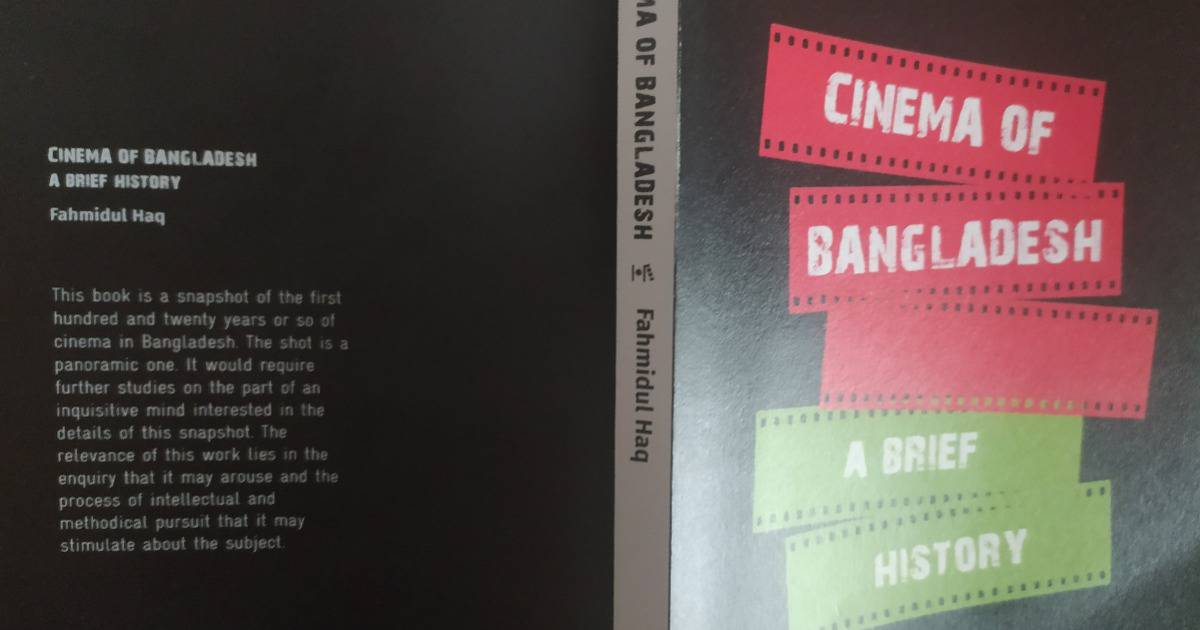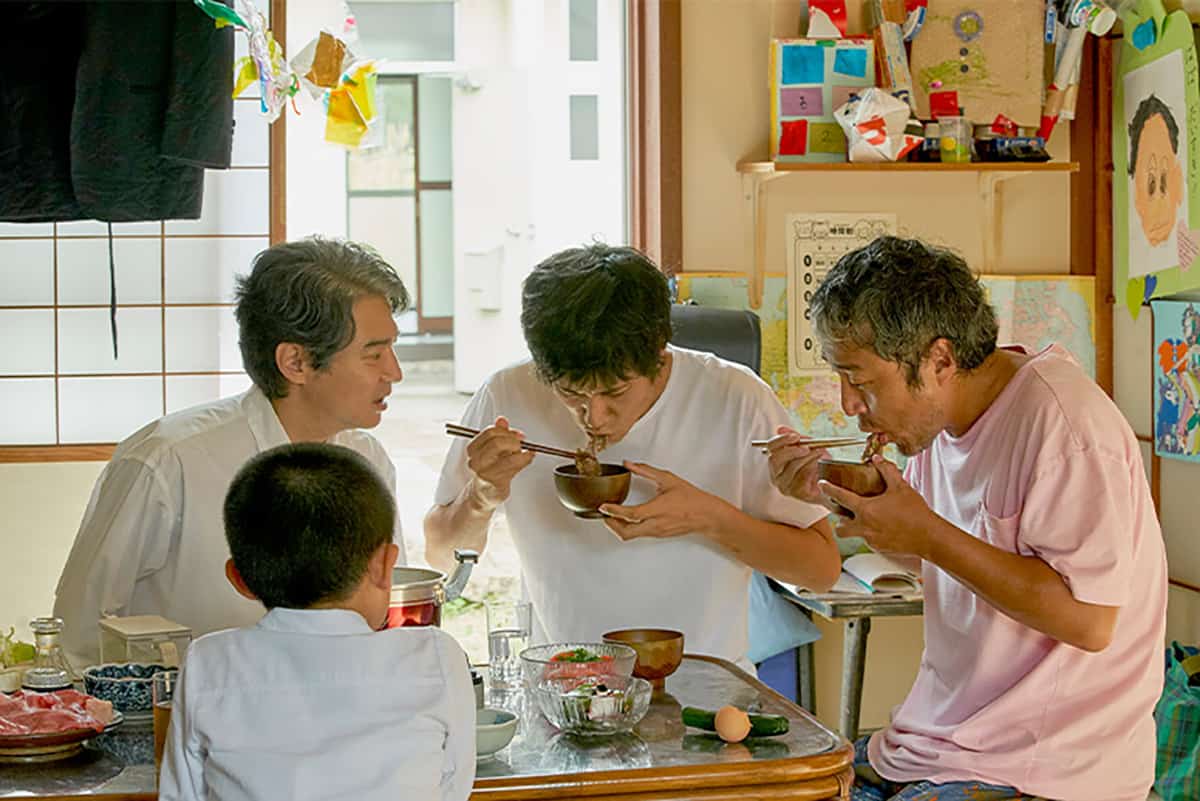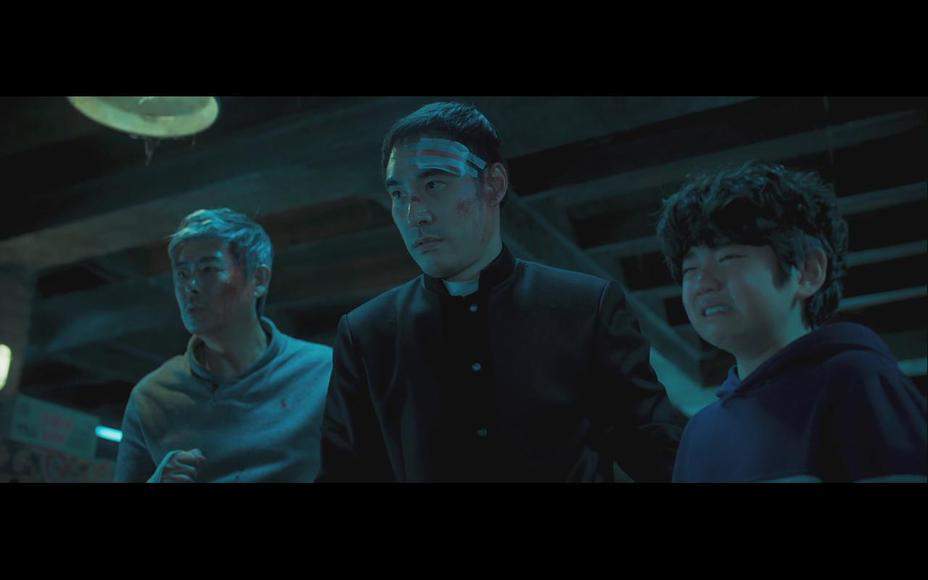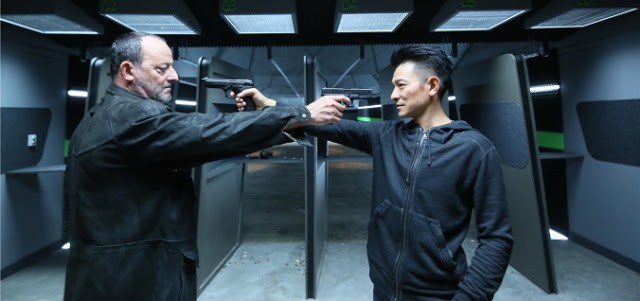From the creators of “Leviathan” and through Harvard's Sensory Ethnography Lab comes one of the most intense documentaries of the latest years, focusing on the infamous Japanese cannibal, Issei Sagawa.
Sagawa murdered and partially ate a fellow student whilst studying at the Sorbonne in Paris in 1981. Due to a ruling of insanity by a French court and legal technicalities in Japan, Sagawa was allowed to return to his native country a free man, where he continues to make a living from his macabre celebrity, while being in the care of his older brother, Jun.
“Caniba” made its premiere at Bertha Dochouse on Saturday, 16th December, followed by a Skype Q&A with directors Véréna Paravel, Lucien Castaing-Taylor and producer Nao Nakazawa, as part of Japanese Avant-Garde and Experimental Film Festival.
The documentary features a kind of an interview that starts with Issei, but also lets Jun participate by asking questions to his brother and sharing some of their background, although after a point, the brother also becomes a focal point, in shocking fashion. Apart from the interviews, the documentary also includes some actual footage from their childhood, Issei's interaction with a “surprise guest,” and a thorough look into a manga he drew regarding his cannibalistic act.
Paravel and Castaing-Taylor implement an experimental approach on their subject, using a number of lengthy, single shots and extreme, occasionally out of focus, close-ups, usually in perspectives that show the subject from an angle, from below. The result is quite shocking, as this approach seems to strip the subject of any kind of artistry (surprisingly with such an “artistic” approach), forcing the audience to focus on the words and the images on screen, which, as time passes, become more and more grotesque, in true no-nonsense fashion. At the same time, the extreme close-ups slowly reveal what is actually going on in each sequence, building the intensity for a number of extreme images.
The focus, however, is not only on the image, but also on the monologues and the dialogues of the two brothers, that shed light on both their relationship and each one. As one listens to Issei uttering phrases like “I wanted to be eaten by Renee” or “nourished by fetishistic desire” one has to, once more, face the nature of a man who knows of his “sickness” but is too broken, both physically and mentally, to do anything about it or even to retain this realization. Furthermore, through the dialogues, the love-and-hate relationship of the two brothers comed to the fore, again in shocking fashion, with the question of “why did he decide to take care of his brother” being an inevitable one, and one that cannot easily be justified by the traditional sense of duty towards family members.
Through all of the above, the directors make a point of showing that reality can surpass any fantasy (even that of Japanese exploitation films in this case) and at the same time challenge their audience to think about humanity, and where its borders lie. Lastly, another question seems to rise repeatedly through the film's duration: Can you empathize with them?
Evidently, “Caniba” is not a movie for everyone, both for its theme and its presentation. However, if one decides to give it a chance one will come across a unique experience, a truly original movie that manages to shed light into the lowest depths of human nature.


